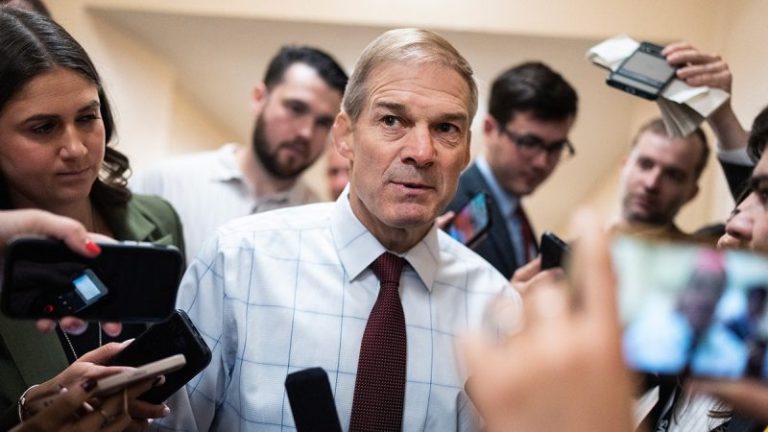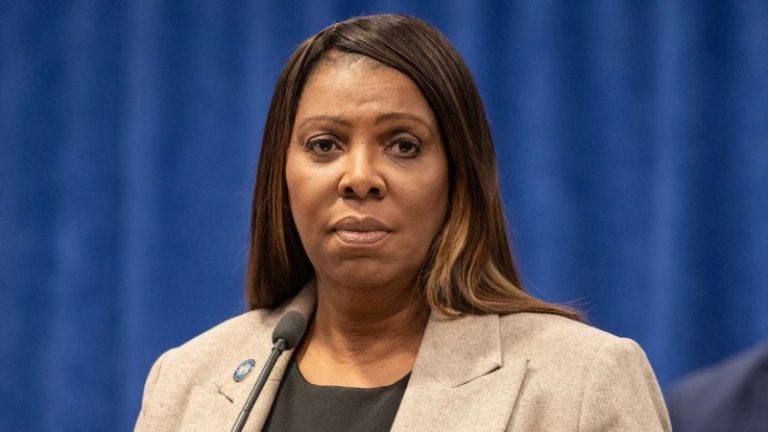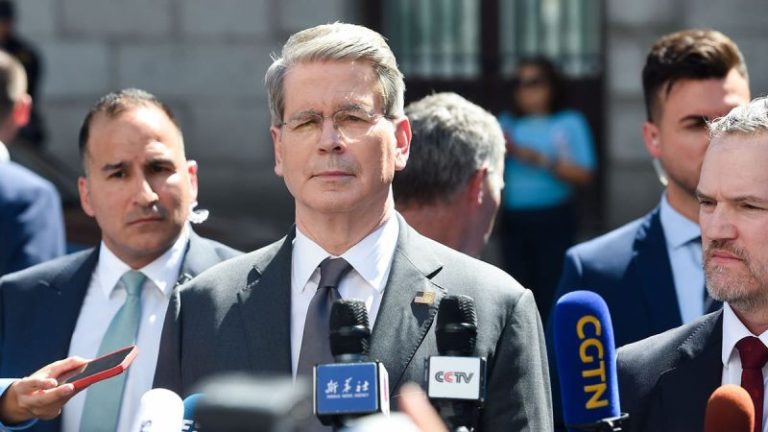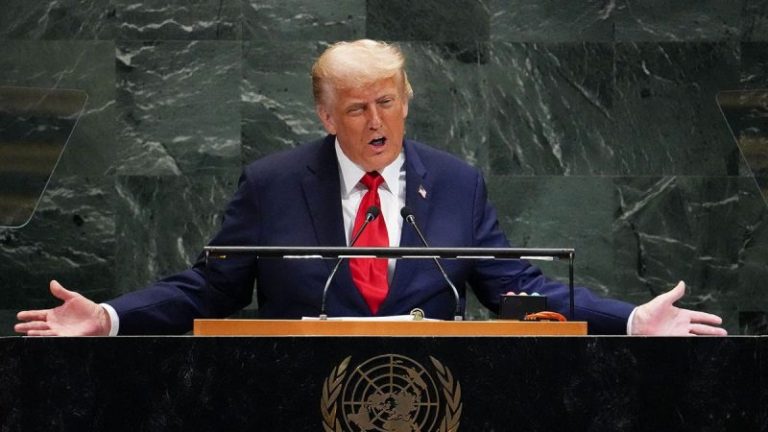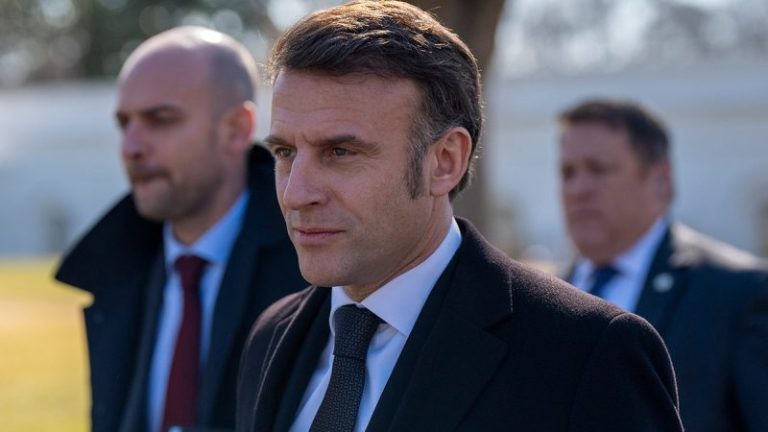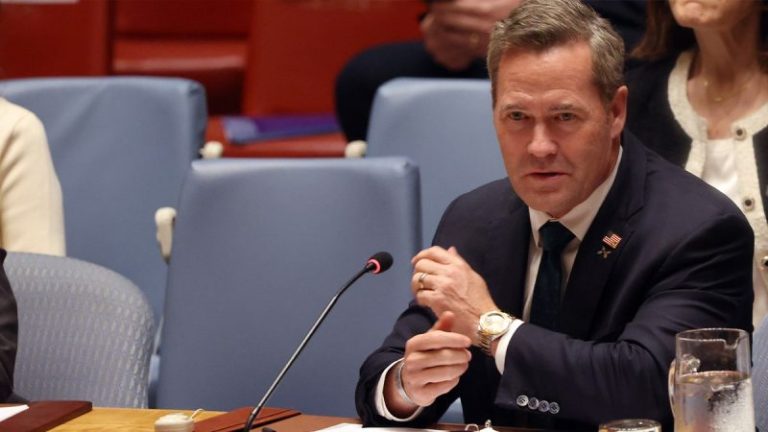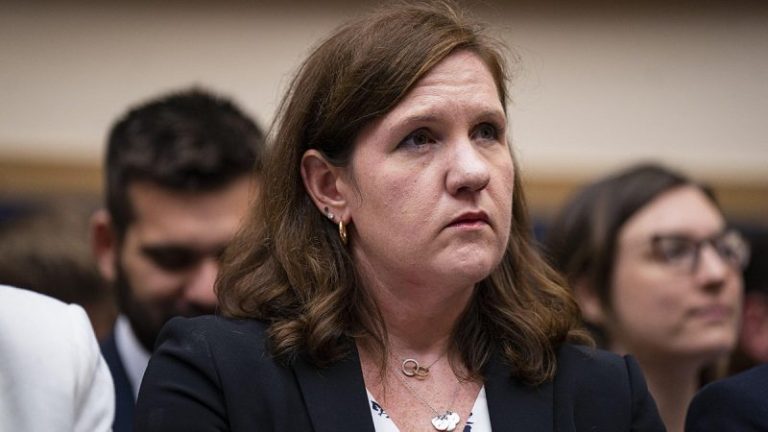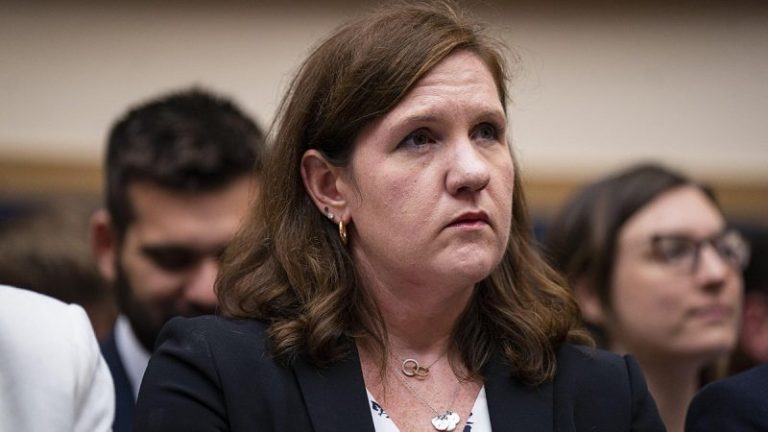A conservative climate policy group is urging House Judiciary Committee Chairman Rep. Jim Jordan, R-Ohio, to subpoena records from the Environmental Law Institute’s Climate Judiciary Project as part of an ongoing probe into the influence of climate advocacy groups in climate policy litigation.
Jason Isaac, CEO of the American Energy Institute, a conservative pro-U.S. energy production policy group, wrote a letter to Jordan last week pointing to evidence from a Sept. 12 Multnomah County v. ExxonMobil et al. court filing that he says suggests ‘covert coordination and judicial manipulation.’
‘This new evidence raises serious red flags about the credibility of both the so-called science being used in climate lawsuits and the judicial training programs behind the bench,’ Isaac told Fox News Digital.
According to Isaac’s letter to Jordan, the court filing submitted by Chevron Corporation earlier this month reveals that ‘one of the plaintiffs’ lead attorneys, Roger Worthington, had undisclosed involvement in at least two so-called scientific studies that the county is presenting as independent, peer-reviewed evidence.’
One of those studies ‘acknowledged funding from the Climate Judiciary Project in a draft version, but that disclosure was inexplicably removed from the final publication,’ Isaac said in the letter.
Earlier drafts of the study, labeled ‘DO NOT DISTRIBUTE,’ were found on Worthington’s law firm website, the letter revealed.
According to the American Energy Institute, the study seeks to ‘attribute global economic losses from climate change to specific oil companies.’ The website also included a ‘pre-publication draft of a CJP judicial training module’ with internal editorial comments, according to the letter.
Isaac told Jordan this mark-up raises ‘serious questions about how and why a plaintiffs’ attorney had early access to, and possibly editorial influence over, materials being presented to state and federal judges as ‘neutral’ science.’
Another module was designed to ‘educate’ participant judges on how to apply ‘attribution science’ in the courtroom, according to Isaac.
Attribution science seeks to measure how much human-caused climate change is responsible for certain extreme weather events, per Science News Explores’ definition.
‘The Environmental Law Institute has claimed neutrality, yet documents suggest coordination with plaintiffs’ counsel who stand to profit from the outcomes,’ Isaac told Fox News Digital. ‘If the same lawyers suing energy companies are shaping the studies and educating the judges, that is not justice; it is manipulation. Congress is right to dig deeper, and the American Energy Institute is proud to support that effort.’
Isaac is requesting that Jordan formally request ‘communications, draft documents, funding agreements, and internal editorial notes related to the scientific studies and CJP curriculum.’
While commending Jordan’s leadership, Isaac said, ‘Judges and the public deserve to know whether the courtroom is being quietly shaped by coordinated climate advocacy posing as neutral expertise.’
Isaac said the Environmental Law Institute and Worthington should answer several questions about their involvement in the studies, including the ‘judicial education module on attribution science.’
‘Does ELI regularly seek input from plaintiffs’ attorneys on its judicial education modules?’ Isaac questioned.
‘ELI did not fund the Nature study, and the Climate Judiciary Project has not coordinated with Mr. Worthington,’ Environmental Law Institute spokesman Nick Collins told Fox News Digital in a statement.
‘CJP does not participate in or provide support for litigation,’ Collins added. ‘Rather, CJP provides evidence-based continuing education to judges about climate science and how it arises in the law. Our curriculum is fact-based and science-first, grounded in consensus reports and developed with a robust peer review process that meets the highest scholarly standards.’
When 23 Republican state attorneys general sent a letter last month to Environmental Protection Agency chief Lee Zeldin calling on him to cancel funding to the Environmental Law Institute, Collins told Fox News Digital that the Climate Judiciary Project’s projects are far from ‘radical.’
‘The programs in which the Climate Judiciary Project (CJP) participates are no different than other judicial education programs, providing evidence-based training on legal and scientific topics that judges voluntarily choose to attend,’ Collins said.
Fox News Digital has reached out to Jordan and Worthington for comment on the letter but did not immediately hear back.
Fox News Digital’s Emma Colton contributed to this story.

